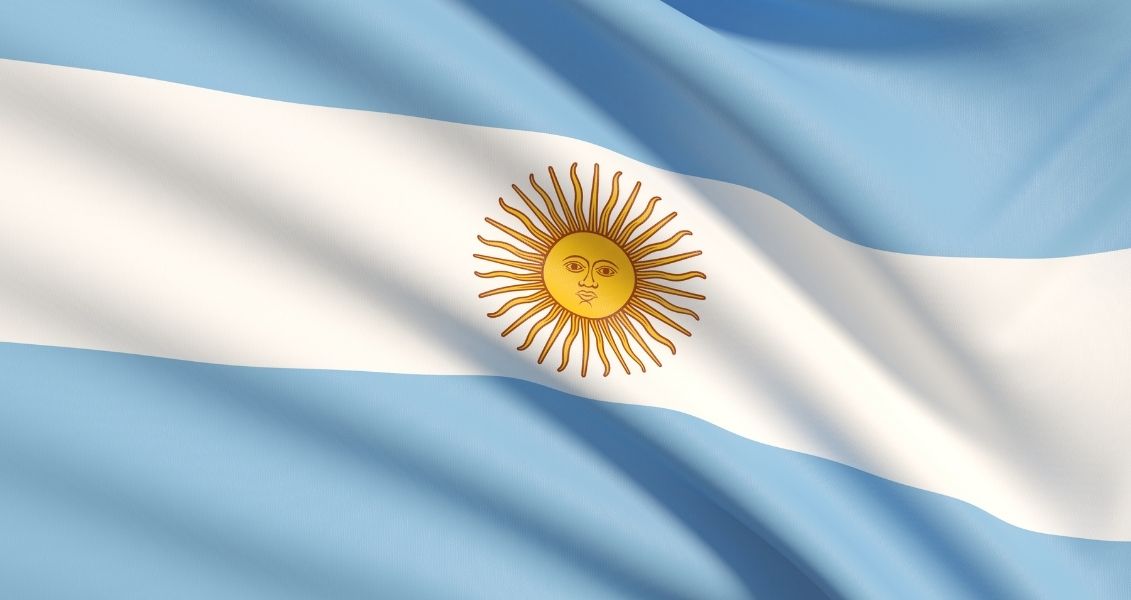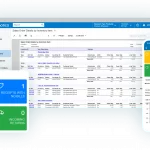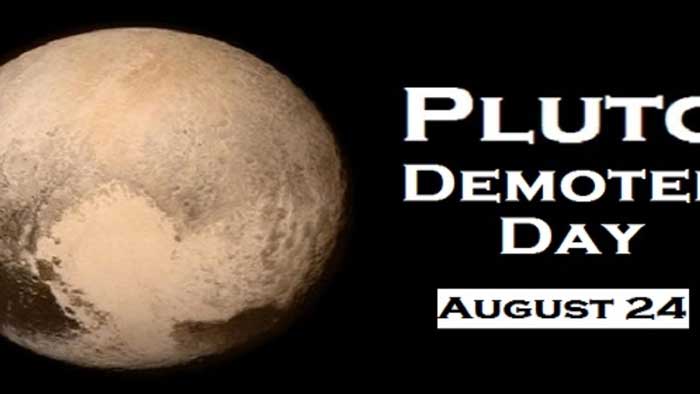Argentina Independence Day
Argentinians celebrate every year on July 9 Independence Day from Spain, which was proclaimed in 1816.
The history of Argentina as a country developed from the beginning of the 16th century. Spanish immigrants, who were called Creoles, began to settle en masse on its lands. Already in 1580, Spain completely controlled the entire country. Indians constantly fought against the colonizers.
In order to prevent occupation by Portugal and Great Britain, in 1776 Spain founded the “Viceroyalty of the Silver River”, which included Argentina and neighboring Spanish colonial countries.
In 1810, Spain was defeated in the war with France. At the request of Napoleon Bonaparte, the Spanish king Ferdinand VII was forced to abdicate. In order to manage the country during his absence, a Provisional Junta was created in Argentina.
Differences of opinion between the authorities, whose plans were to unify the country, and the interior provinces, unwilling to submit to Buenos Aires, led to military conflicts and delays in declaring the country independent.
After Napoleon’s defeat at the Battle of Waterloo in 1816, the provinces began to unite and gain independence.
On July 9, 1816, in the city of Tucuman, the National Congress adopted an important and long-awaited document for Argentina – the Declaration on the Sovereignty of the Silver River Provinces.




































